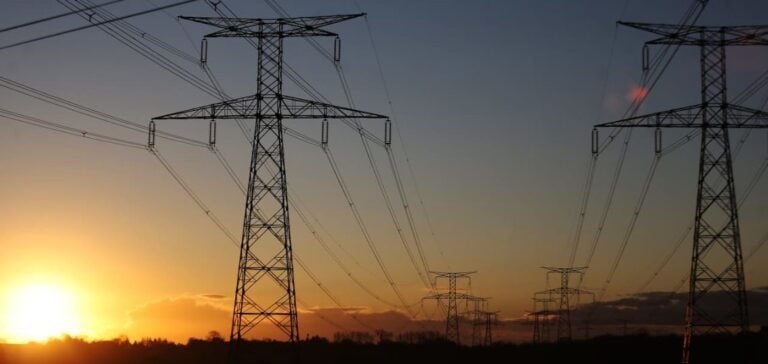The RTE (Réseau de Transport d’Électricité) project, involving a 400,000 volt line crossing the Bouches-du-Rhône and Gard regions, aims to decarbonize one of France’s most polluting areas, near Marseille. This 300 million euro project stretches over 65 kilometers, affecting regions renowned for their nature and viticulture.
Local opposition and environmental concerns
Winegrowers, elected representatives and environmental activists strongly oppose the project, fearing irreversible impacts on the Alpilles and Camargue landscapes. More than 25,000 people have signed a petition calling for the project to be abandoned, and some are considering creating a ZAD to prevent its completion.
Reactions and public consultations
A consultation orchestrated by RTE has been held, but opponents denounce a lack of dialogue and consideration for less invasive alternatives, such as burying the lines. The solutions proposed by RTE are deemed insufficient or too costly, exacerbating local frustration.
Implementation challenges and alternatives
The Prefect of the PACA region stresses the absence of a viable Plan B and the urgency of meeting electricity needs to attract major industrial investment. However, critics argue that the investment promises remain hypothetical and that the speed of the project does not justify the risks involved.
Economic and cultural impact
The region, heavily dependent on tourism and agriculture, could suffer economic losses if the landscape is damaged by the towering pylons. UNESCO has even warned that the Camargue could lose its biosphere reserve label.
The debate over the high-voltage line in Provence reflects a wider struggle between necessary industrial development and the conservation of traditional landscapes and lifestyles. As the project moves forward, resistance is organizing, promising legal and social confrontations.





















